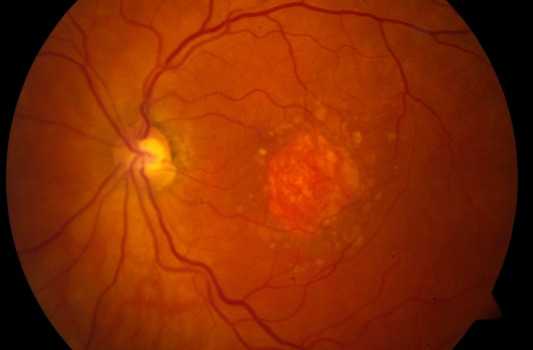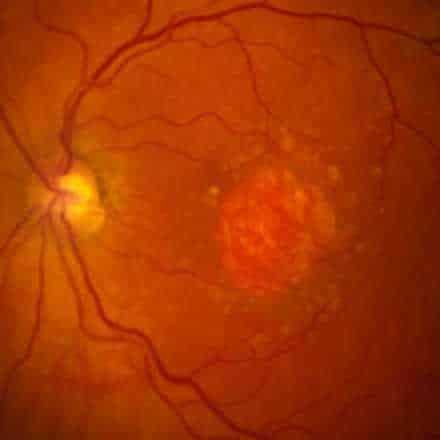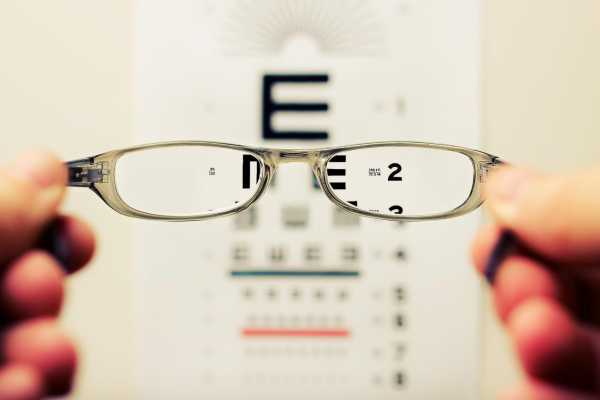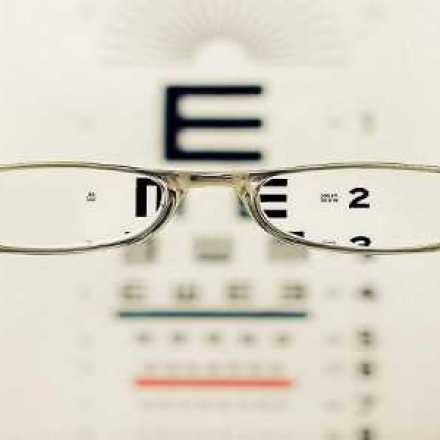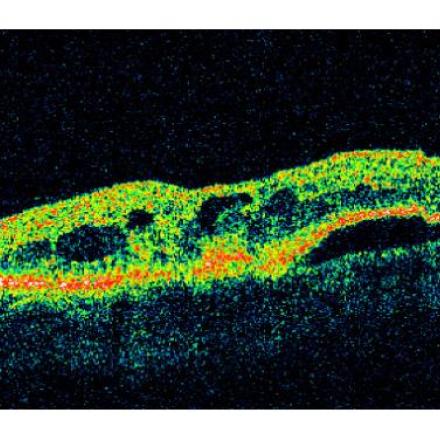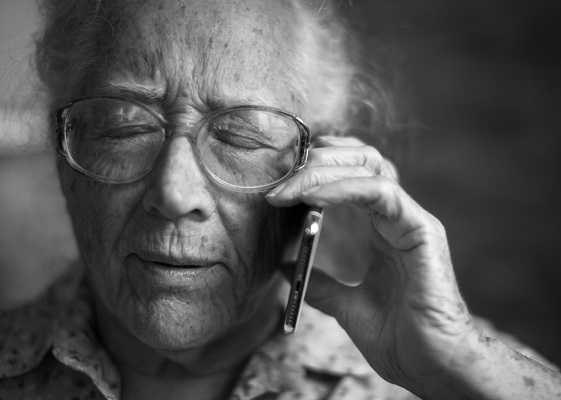
Eye Health Concerns for Aging Adults
There are a lot of things that happen as a person ages. While a person is blessed with an abundance of experiences, memories, and loved ones, they may also experience an increase in health problems as a result of time passing. One of the natural changes a body experiences as it ages is eye health concerns.
Everyone’s eye health is different, but some concerns are more common than others. By understanding the common concerns, how to prevent them, how to diagnose them, and the treatment options available, aging adults and the people around them can have a better idea of how to care for aging eyes.
Common Eye Health Concerns
Some eye health issues are more common than others for aging adults. While some are related to conditions like diabetes, others are just a normal aspect of aging and affect many aging adults regardless of their health. By understanding common eye health concerns, it’s easier to spot symptoms in order to treat them.
Some of them include:
- Presbyopia: Presbyopia is a common eye issue related to aging, and basically refers to issues with seeing up close as people get older. This issue can occur in people as young as 40 and can progress with time.
- Macular degeneration: Age-related macular degeneration (AMD) causes central vision loss and the inability to see fine detail. Though it doesn’t cause total vision loss, it can affect straight forward vision but leave peripheral vision.
- Diabetes mellitus: Diabetes mellitus affects the blood vessels in the eyes, which can lead to vision loss. The longer a person has diabetes, the more eye issues can result from it.
- Dry eye: Tear production can decrease as a person ages, making them more susceptible to dry eye. Though dry eye is mostly seen as an irritant, it can also affect a person’s vision.
- Cataracts: Cataracts can happen for a number of reasons, but one of them is normal aging. As the opacity of a person’s lens increases, vision will become affected.
The Importance of Prevention
Because many of these eye health concerns are related to the normal aging process, there isn’t always a way to prevent them. However, there are things a person can do in order to maintain the best eye health possible and prevent some of these issues. For example, occupational health and safety specialists are trained to ensure a person's place of work is safe, but it’s also up to each person to keep themselves healthy as well. If an older adult works or used to work as a welder, with chemicals, as a mechanic, or even on computers, they may be at higher risk for eye injuries or issues with age.
Prevention means wearing protective goggles, having regular checkups, and prioritizing nutrition. Again, some of these common aging eye concerns will happen regardless, but there’s no harm in working to prevent them as much as possible.
Diagnosing an Eye Issue
Having an eye issue diagnosed involves paying attention to symptoms, taking note of any eye changes, and making sure to attend regular eye appointments. A diagnosis can only be given by a doctor, so don’t take a diagnosis and treatment into your own hands. Things like vision loss, eye irritation, light sensitivity, tunnel vision, and dizziness are symptoms to look out for. However, other symptoms are hard to spot on your own, which is why it’s important to go to eye appointments as well.
There is a lot that goes into becoming a caretaker for a family member, and one of them is being cognizant of prevention and early diagnosis of eye health issues. For some elderly adults, things like dementia can keep them from verbalizing vision issues. For caretakers, whether professional or not, it’s vital to keep up on appointments so a doctor can catch any eye issues early, which can make treatment easier.
Eye Health Treatment Options
Treatment options for eye health concerns for aging adults will vary greatly depending on the eye problem. For instance, presbyopia can be treated with bifocals or reading glasses and dry eye can be treated with artificial tears. However, macular degeneration and cataracts may require surgery or laser treatment to correct.
Though diabetes mellitus doesn’t have a lot of treatment options, antioxidant vitamins are now being used to slow down the degeneration. For aging adults who are experiencing eye health issues, the key is to visit the doctor to obtain a diagnosis and discuss treatment options in order to maintain sight and eye health for as long as possible.
Living a long, full life can lead to things like crows feet and eye lines, but those are simply marks of a happy life. The bigger concern for the eyes as a person ages is more about vision and eye health. Though many of these common concerns are a normal result of aging eyes, it’s still important to visit the eye doctor regularly in order to prevent, diagnose, and treat any age-related eye health problems. Everyone’s eyes are different, but everyone deserves to keep their vision and eye health as far into their life as possible.



